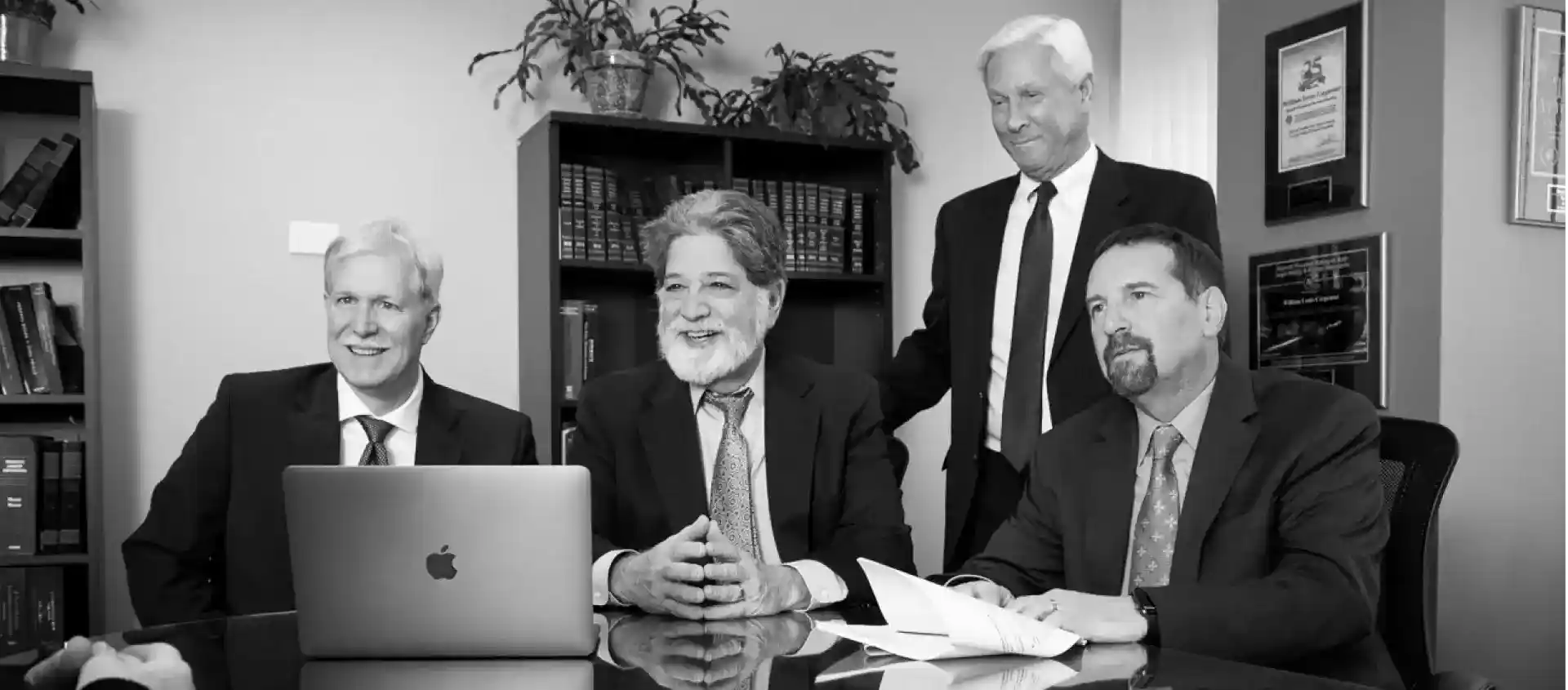
In Colorado, there are dozens of traffic laws ranging from parking violations to reckless driving and DUI. Colorado’s move-over law is up there with some of the most serious traffic offenses. Every state in the country has implemented some form of a move-over law.
It is essential to understand the move-over law to avoid a ticket and to familiarize yourself with the penalties you face if you already received a violation. The primary purpose of the law is to keep roadside drivers safe. A violation can lead to fines, fees, and in certain circumstances, even jail time. Our Denver-based attorneys at Gerash Steiner Blaton, P.C., have decades of experience representing individuals accused of all types of motor vehicle violations.
Reasons for Move-Over Laws
In 2020, the National Safety Council (NSC) reported that 180 people died in crashes involving emergency vehicles. Further, according to the Colorado Department of Transportation (CDOT), traffic-related accidents are the leading cause of death for on-duty law enforcement officers, firefighters, EMS technicians, maintenance workers, and tow professionals. In 2020 in the United States, 46 emergency responders working on the roadway were struck and killed, including 17 law enforcement officers, 21 tow truck operators, one mobile mechanic, three DOT and safety operators, and four firefighters and EMS personnel.
The widespread adoption of move-over laws exemplifies the level of concern state governments have about the troublesome number of roadside emergency vehicle crashes.
Charged With a Ticket?Colorado has strict move-over laws and breaking them can lead to serious consequences. Call us today so that we can assist in reducing your charges or having them dropped entirely. Get Help Now |
What Is a Move-Over Law?
Although the laws vary slightly by state, move-over laws generally require drivers to move over a lane, slow down, or both when approaching emergency response vehicles on the roadside.
Colorado’s move-over law requires all drivers to move into the next lane over from stopped emergency vehicles. In 2020, Colorado updated its statute to define what “slow down” means. If it is not safe or possible to move over, the driver must reduce their speed by 20 miles per hour if the speed limit is 45 mph or more, or under 25 mph if the speed limit is 40 mph or less.
This modification is a result of the “Move Over for Cody Act,” named for Colorado State Trooper Cody Donahue. Donahue was killed in 2016 after being hit by a car during a routine traffic stop.
The Colorado statute specifically states that upon the immediate approach of an authorized emergency vehicle making use of audible or visual signals, the driver of every other vehicle shall yield the right-of-way. The driver must move over one lane or slow down, as detailed above.
In the same breath, failure to yield to passing emergency vehicles is also a traffic infraction in Colorado. Here, rather than moving over for a stationary emergency vehicle on the side of the road, you are required to yield to passing emergency vehicles.
What Constitutes an Emergency Response Vehicle?
It is a common misconception that drivers are only required to move over for police cars and ambulances. The law requires drivers to move over for several categories of vehicles, including:
- Police vehicles,
- Ambulances,
- Fire trucks,
- Tow trucks,
- Utility trucks,
- Highway maintenance vehicles,
- Waste removal, and
- Construction vehicles.
These vehicles are generally required to have emergency lights activated to increase visibility to oncoming traffic.
Penalties for Failing to Move Over
In Colorado, failing to move over is generally a Class 2 misdemeanor traffic infraction. A motorist who fails to move over or slow down for a roadside emergency vehicle is guilty of careless driving, which can result in up to 90 days in jail and a fine of up to $300. You may also be required to pay a surcharge if convicted. A failure to move over violation may also result in the DMV adding points to your driver’s license.
The charge will escalate to a Class 1 misdemeanor if the driver causes bodily injury to another person by failing to move over. A Class 1 misdemeanor is punishable by a minimum sentence of six months in jail, but that penalty can extend up to 18 months. There is also a $500 to $5,000 fine.
If a motorist’s failure to move over or slow down causes an accident that results in death, it becomes a Class 6 felony. This is punishable by one to two years in prison, a fine of $100 to $100,000, or both.
Defenses
If you were given a citation for a move-over violation, there are ways to challenge the charge. Common defenses to violations of the move-over law in Colorado include:
- The stopped vehicle did not have visible lights or audible sirens,
- You could not move over, or
- You did slow down below the posted speed limit.
It is also possible to challenge the police officer’s opinion or evidence. Even if there is not enough evidence to persuade the prosecutor or judge to dismiss the case, a knowledgeable defense attorney can usually obtain a charge reduction or favorable plea.
Civil Repercussions
You may face criminal charges and civil ramifications if emergency response personnel or a stalled motorist on the side of the road is injured or killed due to your failure to move over.
Every driver owes a duty of care to others on the road. If a driver negligently fails to obey Colorado’s move-over law and causes a traffic accident, that driver could be held civilly liable for damages.
Gerash Steiner Blanton, P.C., Traffic Violation Attorneys
If you received a ticket for failing to obey the move-over law in Colorado, our traffic violation defense lawyers could help you beat or reduce the charge. Our team is well-versed in Colorado traffic law, and we are immensely familiar with the internal workings of traffic court. While a traffic violation is undoubtedly not the crime of the century, it can have lasting consequences that negatively impact your life socially and financially. At Gerash Steiner Blanton, P.C., we always have our client’s best interests in mind. Contact us today to discuss your case.


